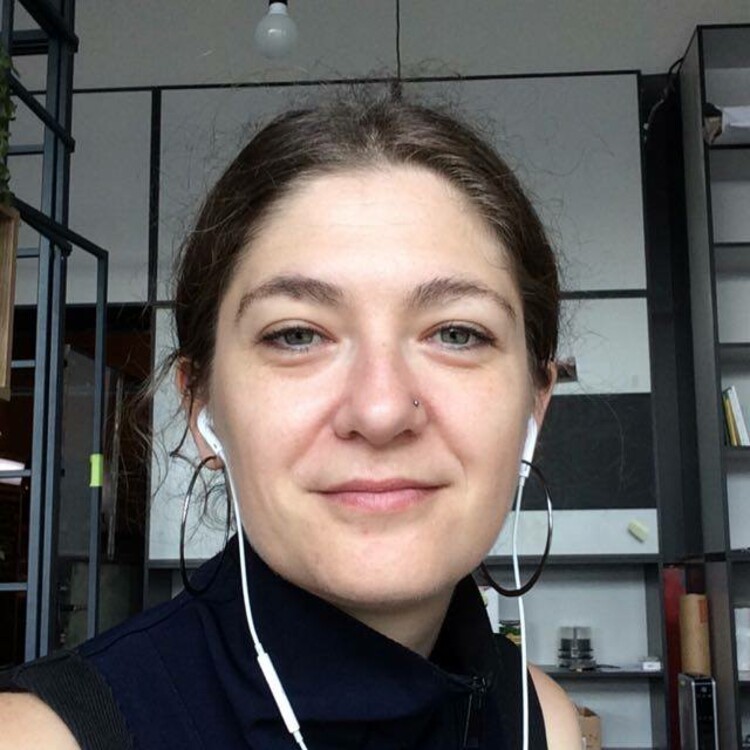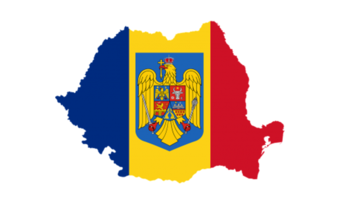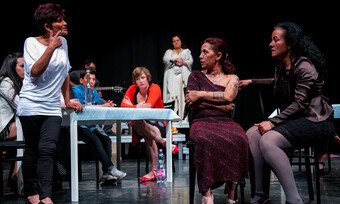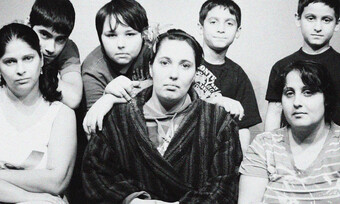RESHAPE presented the Intensive Cluj meeting livestreaming from Cluj, Romania on the global, commons-based peer produced HowlRound TV network at howlround.tv Tuesday 12 November and Thursday 14 November 2019.
Intensive Cluj is a meeting of art practitioners interested in creating alternative organizational models for the arts.
It takes place in the framework of RESHAPE, a research and development project that brings together artists and art workers from Europe and the South Mediterranean to jointly imagine how arts will be created, accessed and experienced in the future. RESHAPE relies on the collective intelligence and creativity of the cultural workers on the ground. A bottom-up process, it gathers artists and activists who already have experience and expertise in imagining alternative practices and transforming them into concrete actions and policy recommendations.
Intensive Cluj is the first occasion when art workers who, until now, have been working in smaller groups and specific topics, come together to cross and share their findings, reflections, ideas and inspirations. It will provide a first glimpse of where this research might lead us to.
Moreover, Intensive Cluj connects the RESHAPE research to the Romanian artist and activist initiatives, sparkling new conversations and ideas.
Intensive Cluj is also an opportunity to infuse the reflection on alternative models in the arts sector with ideas and practices from broader societal debates, movements and tendencies.
Finally, Intensive Cluj is an open invitation for sharing and reflecting: how can we make sure that future artistic practices are better adjusted to the values of the sector and the evolution of society? There are no ready-made solutions and the future is ours to imagine!









Comments
The article is just the start of the conversation—we want to know what you think about this subject, too! HowlRound is a space for knowledge-sharing, and we welcome spirited, thoughtful, and on-topic dialogue. Find our full comments policy here